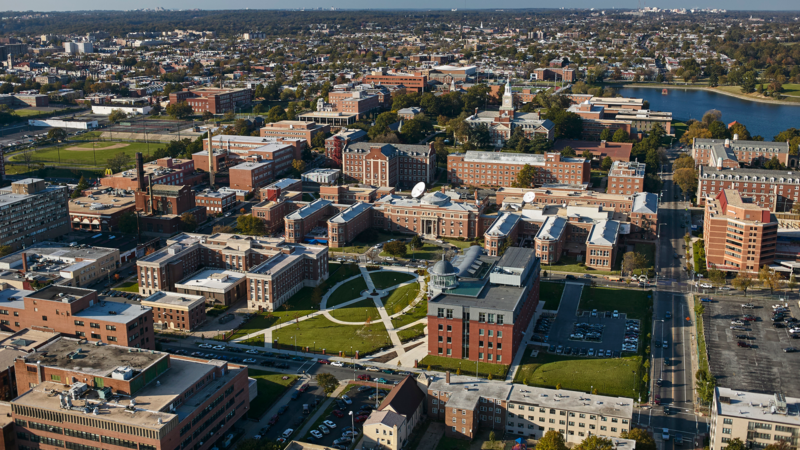According to the FBI, the person linked to threatening messages targeting 50 HBCUs is now under government surveillance and restrictions to prevent bomb threats.
The suspect is a minor, making it a non-federal charge, according to FBI Director Christopher Wray, who told the House Committee on Homeland Security Tuesday, the Washington Post reports.
“We have worked with state prosecutors to ensure that that individual is charged under various other state offenses,” Wray said.
In January and February, roughly 57 colleges received bomb threats via phone calls, e-mails, instant messages, and online posts but, officials still found no evidence of bombs.
After the officer’s findings, the suspect allegedly said that bombs had been planted at the campuses and that active shooters would be ready to fire.
Schools were advised to lock down for students and administrative safety causing classes to be postponed.
The suspect continued to instill fear when on the first day of Black History Month about 18 HBCUs received bomb threats.
Senior FBI officials held a conference call with Deputy Director Paul Abbate requesting student journalists to attend where they explained how law enforcement agencies nationwide have worked to locate threats and terrorists.
During the call, Deputy Abbate told the students that the agency is putting this investigation at the top of their priority list.
“The type of threats that we’ve seen here, that have victimized you and your institutions, undermine the most basic expectations of safety and security that every American,” he said.
“Threatening a religious or academic institution is among the most serious and despicable of criminal offenses, especially when your communities have been victimized, historically targeted by hate speech and violence,” Abbate said.
“The fear and disruption these threats cause within your communities is completely unacceptable and our work in investigating these threats is of the very highest priority,” he added.
Following the series of threats, HBCUs are eligible to apply for funding under the Project School Emergency Response to Violence (Project SERV) program. SERV provides grants from $50,000 to $150,000 per school for events like these.
“The recent bomb threats experienced by HBCUs have shaken students and fractured their sense of safety and belonging, which are critical to their academic success and wellbeing,” Education Secretary Miguel Cardona said in a statement.
Southern University Law Center in Louisiana announced they were the first HBCU to receive a $133,200 grant from Project SERV back in August.

